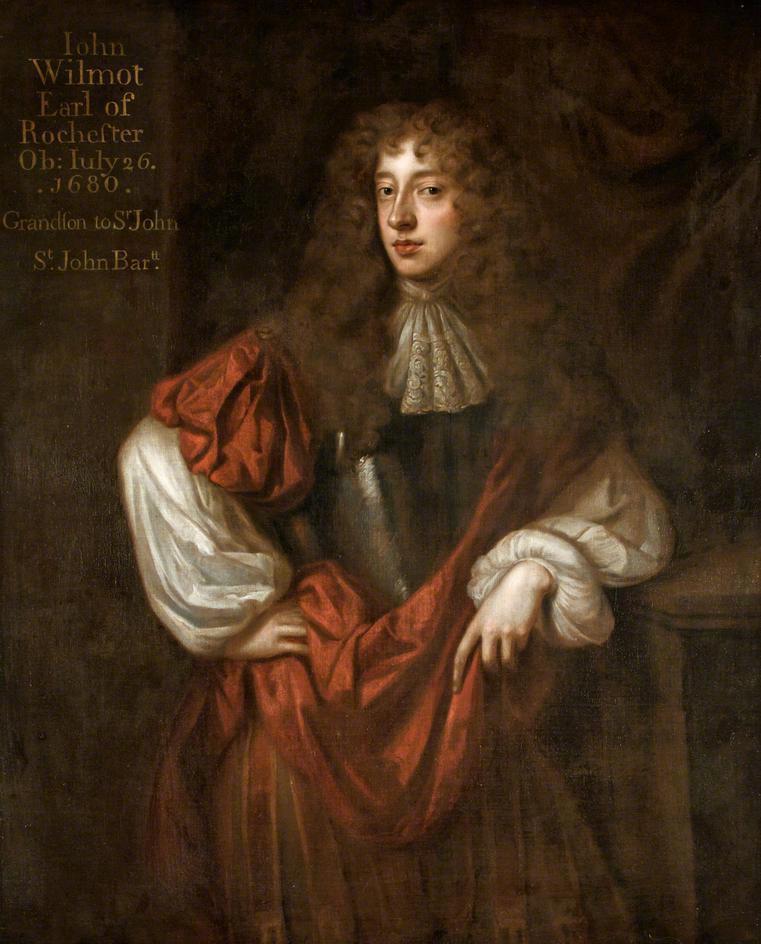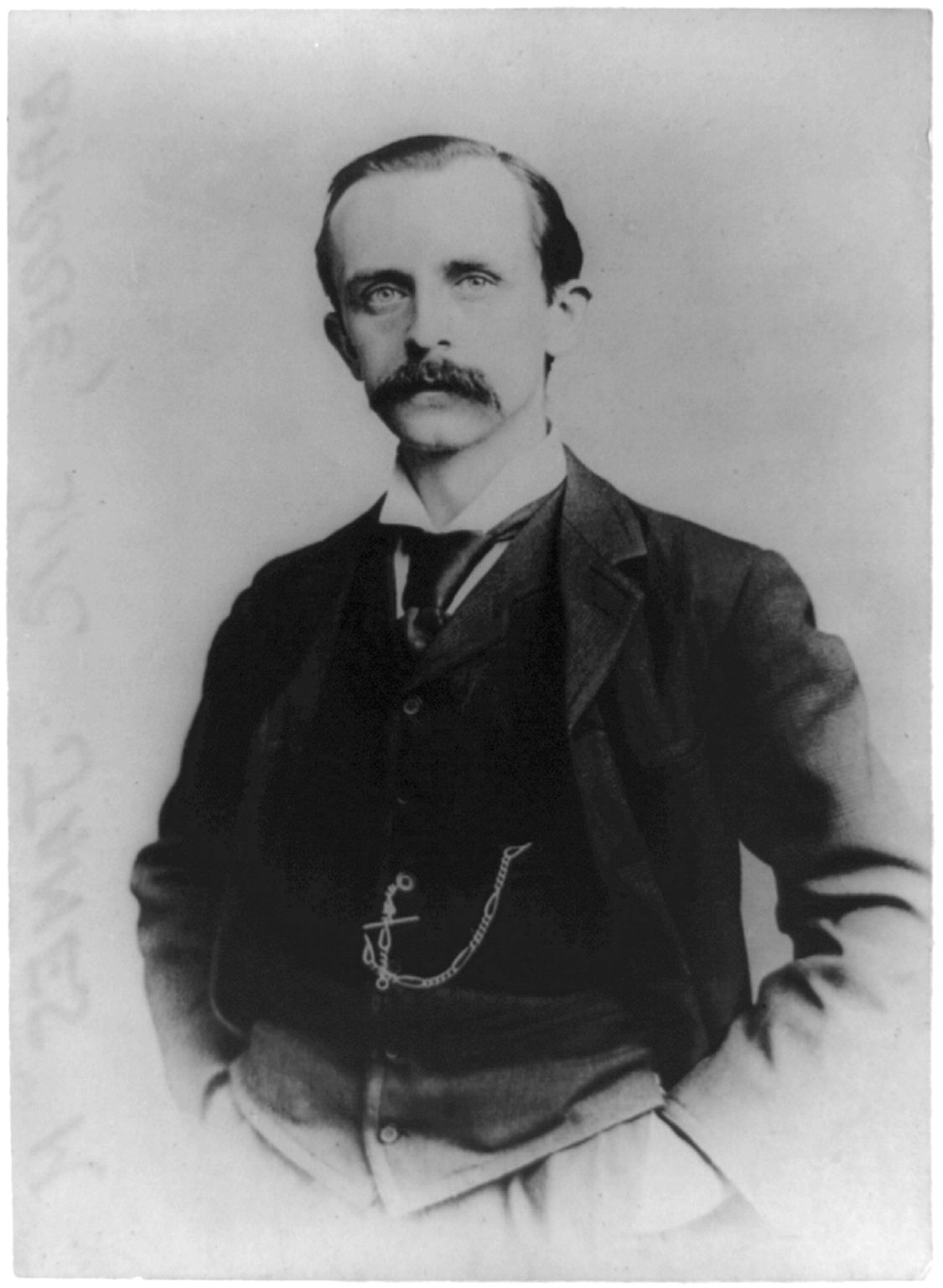|
Breeches Role
In theater, a breeches role or breeches part (also pants role, pants part, trouser role, trouser part, and Hosenrolle) is a role in which a female actor performs in male clothing. Breeches, tight-fitting knee-length pants, were a standard male garment when these roles were introduced. The theatrical term '' travesti'' covers both this sort of cross-dressing and also male actors dressing as female characters. Both are part of the long history of cross-dressing in music and opera and later in film and television. In opera, a breeches role refers to any male character that is sung and acted by a female singer. Most often the character is an adolescent or a very young man, sung by a mezzo-soprano or contralto. Budden J., "Breeches part" in: '' The New Grove Dictionary of Opera''. Macmillan, London and New York, 1997. The operatic concept assumes that the character is male, and the audience accepts him as such, even knowing that the actor is not. Cross-dressing female characters ( ... [...More Info...] [...Related Items...] OR: [Wikipedia] [Google] [Baidu] |
Hansel Und Gretel (opera)
''Hansel and Gretel'' (German: ') is an opera by nineteenth-century composer Engelbert Humperdinck, who described it as a ' (fairy-tale opera). The libretto was written by Humperdinck's sister, Adelheid Wette, based on the Grimm brothers' fairy tale of the same name. It is much admired for its folk music-inspired themes, one of the most famous being the "" ("Evening Benediction") from act 2. The idea for the opera was proposed to Humperdinck by his sister, who approached him about writing music for songs that she had written for her children for Christmas based on "Hansel and Gretel". After several revisions, the musical sketches and the songs were turned into a full-scale opera. Humperdinck composed ''Hansel and Gretel'' in Frankfurt in 1891 and 1892. The opera was first performed in the Hoftheater in Weimar on 23 December 1893, conducted by Richard Strauss. It has been associated with Christmas since its earliest performances and today it is still most often performed at C ... [...More Info...] [...Related Items...] OR: [Wikipedia] [Google] [Baidu] |
Sir Anthony Love
''Sir Anthony Love; Or, The Rambling Lady'' is a 1690 comedy play by the Irish writer Thomas Southerne. It was originally staged by the United Company at the Theatre Royal, Drury Lane with a cast that included Susanna Mountfort in a breeches role as Sir Anthony Love, William Mountfort as Valentine, Joseph Williams as Ilford, William Bowen as Sir Gentle Golding, Anthony Leigh as An Abbe, John Hodgson as Count Canaile, Samuel Sandford as Count Verole, George Bright as Waitwell, Colley Cibber as Servant to Sir Gentle, Charlotte Butler as Floriante, Anne Bracegirdle as Charlote and Frances Maria Knight as Volante.Van Lennep p.388 The play's incidental music was composed by Henry Purcell Henry Purcell (, rare: ; September 1659 – 21 November 1695) was an English composer of Baroque music, most remembered for his more than 100 songs; a tragic opera, Dido and Aeneas, ''Dido and Aeneas''; and his incidental music to a version o .... References Bibliography * Van ... [...More Info...] [...Related Items...] OR: [Wikipedia] [Google] [Baidu] |
Thomas Southerne
Thomas Southerne (12 February 166026 May 1746) was an Irish dramatist. Biography Thomas Southerne, born on 12 February 1660, in Oxmantown, near Dublin, was an Irish dramatist. He was the son of Francis Southerne (a Dublin brewer) and Margaret Southerne. He had one daughter, Agnes, of whom the mother is unknown. He attended Trinity College, Dublin, in 1676 for two years. In 1680, he began attending Middle Temple, London, to study law but was drawn away by his interest for theater. By 1682 he was greatly influenced by John Dryden and produced his first play, '' The Loyal Brother'', which was performed at the Theatre Royal, Drury Lane by the King's Company. Southerne bought his prologue and epilogue from Dryden, who made extra income from his ability to turn such pieces. Despite his friendship with the new playwright, Dryden raised his prices for Southerne".(Kaufman) In 1684, Southerne produced his second play, '' The Disappointment, or, The Mother in Fashion'' (Kaufman). Howev ... [...More Info...] [...Related Items...] OR: [Wikipedia] [Google] [Baidu] |
Rake (character)
In a historical context, a rake (short for rakehell, analogous to " hellraiser") was a man who was habituated to immoral conduct, particularly womanizing. Often, a rake was also prodigal, wasting his (usually inherited) fortune on gambling, wine, women, and song, and incurring lavish debts in the process. Cad is a closely related term. Comparable terms are " libertine" and "debauché". The Restoration rake was a carefree, witty, sexually irresistible aristocrat whose heyday was during the English Restoration period (1660–1688) at the court of King Charles II. They were typified by the " Merry Gang" of courtiers, who included as prominent members John Wilmot, George Villiers, and Charles Sackville, who combined riotous living with intellectual pursuits and patronage of the arts. At this time the rake featured as a stock character in Restoration comedy. After the reign of Charles II, and especially after the Glorious Revolution of 1688, the cultural perception of the ... [...More Info...] [...Related Items...] OR: [Wikipedia] [Google] [Baidu] |
Gender Roles
A gender role, or sex role, is a social norm deemed appropriate or desirable for individuals based on their gender or sex. Gender roles are usually centered on conceptions of masculinity and femininity. The specifics regarding these gendered expectations may vary among cultures, while other characteristics may be common throughout a range of cultures. In addition, gender roles (and perceived gender roles) vary based on a person's race or ethnicity. Gender roles influence a wide range of human behavior, often including the clothing a person chooses to wear, the profession a person pursues, manner of approach to things, the personal relationships a person enters, and how they behave within those relationships. Although gender roles have evolved and expanded, they traditionally keep women in the "private" sphere, and men in the "public" sphere. Various groups, most notably feminist movements, have led efforts to change aspects of prevailing gender roles that they believe ... [...More Info...] [...Related Items...] OR: [Wikipedia] [Google] [Baidu] |
William Shakespeare
William Shakespeare ( 23 April 1564 – 23 April 1616) was an English playwright, poet and actor. He is widely regarded as the greatest writer in the English language and the world's pre-eminent dramatist. He is often called England's national poet and the "Bard of River Avon, Warwickshire, Avon" or simply "the Bard". His extant works, including William Shakespeare's collaborations, collaborations, consist of some Shakespeare's plays, 39 plays, Shakespeare's sonnets, 154 sonnets, three long narrative poems and a few other verses, some of uncertain authorship. His plays List of translations of works by William Shakespeare, have been translated into every major modern language, living language and are performed more often than those of any other playwright. Shakespeare remains arguably the most influential writer in the English language, and his works continue to be studied and reinterpreted. Shakespeare was born and raised in Stratford-upon-Avon, Warwickshire. At the age of 18 ... [...More Info...] [...Related Items...] OR: [Wikipedia] [Google] [Baidu] |
Jordan By Hoppner
Jordan, officially the Hashemite Kingdom of Jordan, is a country in the Southern Levant region of West Asia. Jordan is bordered by Syria to the north, Iraq to the east, Saudi Arabia to the south, and Israel and the occupied Palestinian territories to the west. The Jordan River, flowing into the Dead Sea, is located along the country's western border within the Jordan Rift Valley. Jordan has a small coastline along the Red Sea in its southwest, separated by the Gulf of Aqaba from Egypt. Amman is the country's capital and largest city, as well as the most populous city in the Levant. Inhabited by humans since the Paleolithic period, three kingdoms developed in Transjordan during the Iron Age: Ammon, Moab and Edom. In the third century BC, the Arab Nabataeans established their kingdom centered in Petra. The Greco-Roman period saw the establishment of several cities in Transjordan that comprised the Decapolis. Later, after the end of Byzantine rule, the region became par ... [...More Info...] [...Related Items...] OR: [Wikipedia] [Google] [Baidu] |
Sarah Bernhardt
Sarah Bernhardt (; born Henriette-Rosine Bernard; 22 October 1844 – 26 March 1923) was a French stage actress who starred in some of the most popular French plays of the late 19th and early 20th centuries, including by Alexandre Dumas fils, Alexandre Dumas ''fils'', ''Ruy Blas'' by Victor Hugo, ''Fédora'' and ''La Tosca'' by Victorien Sardou, and ''L'Aiglon'' by Edmond Rostand. She played female and male roles, including Shakespeare's Prince Hamlet, Hamlet. Rostand called her "the queen of the pose and the princess of the gesture", and Hugo praised her "golden voice". She made several theatrical tours worldwide and was one of the early prominent actresses to make sound recordings and act in motion pictures. She is also linked with the success of artist Alphonse Mucha, whose work she helped to publicize. Mucha became one of the more sought-after artists of this period for his Art Nouveau style. Biography Early life Henriette-Rosine Bernard was born at 5 rue de L'École-de- ... [...More Info...] [...Related Items...] OR: [Wikipedia] [Google] [Baidu] |
Hamlet
''The Tragedy of Hamlet, Prince of Denmark'', often shortened to ''Hamlet'' (), is a Shakespearean tragedy, tragedy written by William Shakespeare sometime between 1599 and 1601. It is Shakespeare's longest play. Set in Denmark, the play (theatre), play depicts Prince Hamlet and his attempts to exact revenge against his uncle, King Claudius, Claudius, who has murdered Ghost (Hamlet), Hamlet's father in order to seize his throne and marry Gertrude (Hamlet), Hamlet's mother. ''Hamlet'' is considered among the "most powerful and influential tragedies in the English language", with a story capable of "seemingly endless retelling and adaptation by others." It is widely considered one of the greatest plays of all time. Three different early versions of the play are extant: the Hamlet Q1, First Quarto (Q1, 1603); the Second Quarto (Q2, 1604); and the First Folio (F1, 1623). Each version includes lines and passages missing from the others. Many works have been pointed to as possible s ... [...More Info...] [...Related Items...] OR: [Wikipedia] [Google] [Baidu] |
Peter And Wendy
''Peter Pan; or, the Boy Who Wouldn't Grow Up'', often known simply as ''Peter Pan'', is a work by J. M. Barrie, in the form of a 1904 play and a 1911 novel titled ''Peter and Wendy''. Both versions tell the story of Peter Pan, a mischievous little boy who can fly, and has many adventures on the island of Neverland that is inhabited by mermaids, fairies, indians, and pirates. The Peter Pan stories also involve the characters Wendy Darling and her two brothers John and Michael, Peter's fairy Tinker Bell, the Lost Boys, and the pirate Captain Hook. The play and novel were inspired by Barrie's friendship with the Llewelyn Davies family. The play debuted at the Duke of York's Theatre in London on 27 December 1904 with Nina Boucicault, daughter of the playwright Dion Boucicault, in the title role. A Broadway production was mounted in 1905 starring Maude Adams. It was later revived with such actresses as Marilyn Miller and Eva Le Gallienne. Barrie continued to revise the p ... [...More Info...] [...Related Items...] OR: [Wikipedia] [Google] [Baidu] |







